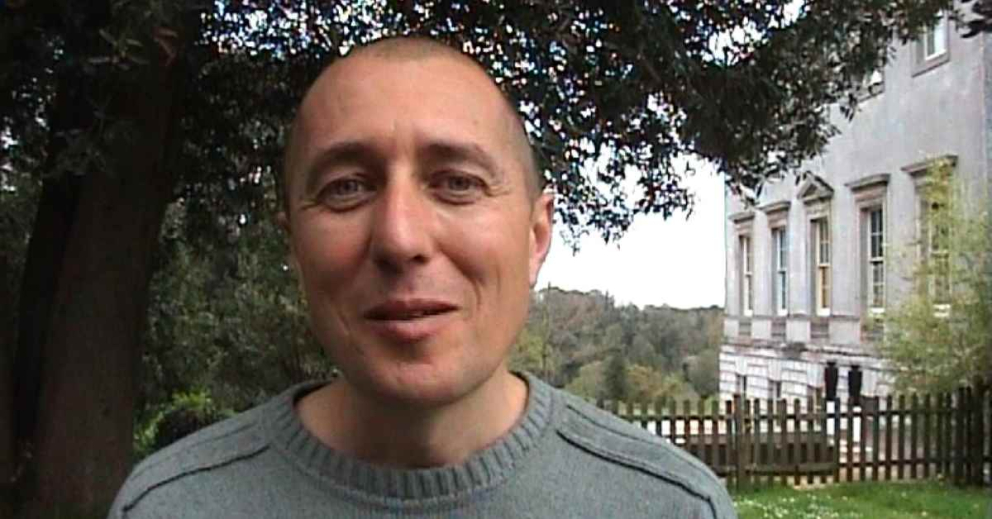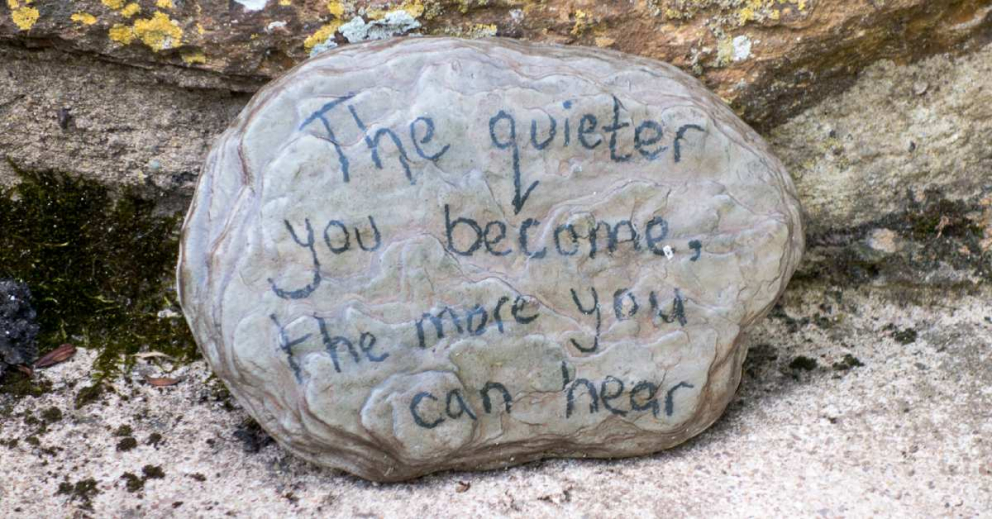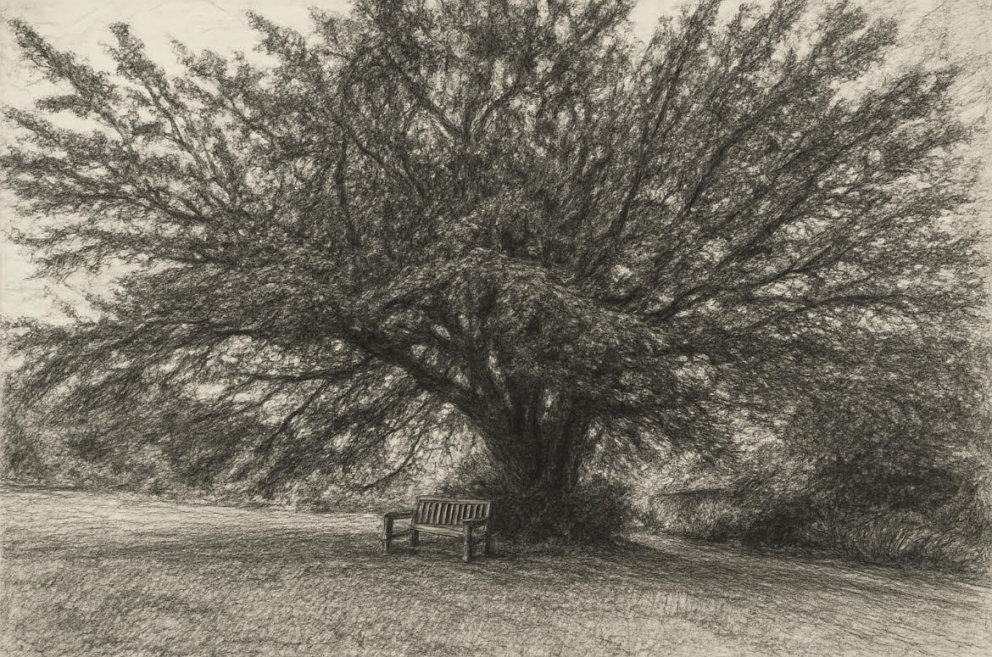Growing Awareness - nothing's lost with compost
Welcome to the latest news-post with our Head Gardener Bryony Middleton
Nothing's lost with compost
After Apple Day we had so much pulp leftover and as we have no pigs on site to indulge, we decided the best thing to do was to chuck it on the compost heap. We added it in with plenty of straw so it didn't make our heap too soggy.
With the top bin full, this prompted a heartrate-raising compost-turning session with our Tuesday garden volunteers. We discovered some lovely compost in our oldest bin, made over the summer as if by magic and ready for mulching the beds for our winter salad in the glasshouse.
We have 4 wooden compost bays and turn them every 2 months or when they are full into the bin below. Turning the compost aerates the decomposing matter and helps to build heat to quicken the process and kill off any weed seed, meaning we can make usable compost in only a few months.
To get a good mix it is important to keep a good balance of 'browns' to 'greens' or carbon to nitrogen, at least 2:1.
'Browns' are fibrous, carbonous materials like sawdust, woodchip, twigs, stems, roots, straw, hay, leaves, paper and cardboard. 'Green' material on the other hand can be raw kitchen waste and veg peelings, plant matter and grass cuttings.
The greens decompose quickly to create heat, but alone will make the compost very wet, which over time will mean the nutrients may leach out. You might want to include some activators like comfrey, seaweed, nettle leaf or manure to ensure a good quality, nutrient-dense compost that is so vital to feed plants and worms and help retain moisture in the soil.
Our next step is to build leaf mould bays for collecting all the autumnal leaves. Unless shredded, they take much longer to decompose than our normal compost, so we will compost them separately. Within 1-2 years they will produce a lovely soil conditioner or seed compost, being less nutrient-rich.
Compost is a great example of using waste products to produce something fertile for the soil and vital for organic gardeners without costing the wider environment and is something we want to develop more here to create a cyclical system of resources.
Find out more about Sharpham's gardens here










